The Johns Hopkins Clinical Research Scholars program fosters the development of future leaders in clinical research to generate new knowledge to improve health. We do this by providing individuals with rigorous training leading to an advanced degree, helping them to develop and execute a research project, mentorship in a multidisciplinary and collaborative environment and involvement in career development activities.
Junior faculty (within their first 5 years) who are interested in developing academic and research expertise and plan to conduct, or are conducting, clinical research. If you are currently in your last fellowship year and have a pending faculty appointment beginning on or prior the start of a KL2 award, you may be eligible
Clinical Research Scholars is a three-year program with the KL2 award providing the first two years and the Scholars’ nominating department/division providing the third.
Please see our eligibility requirements. To be eligible for the KL2 award, each of the listed criteria must be met. We are committed to a program that embraces racial, ethnic, gender and disciplinary diversity, and we encourage applications from candidates with diverse backgrounds and clinical disciplines.
Individuals are not eligible if they have been PI on an R01 award, a subproject of a program project (P01) or center project (P50, P60, U54), a mentored career development (K) award, or other equivalent research grant. However, they are eligible if have had support from a NRSA (F or T) or NIH small grant (R03).
No, NIH policy does not permit multiple K applications under review simultaneously.
U.S. citizens, permanent residents, and non-citizen nationals are eligible, but not those on temporary or student visas. Proof of status will be required prior to official appointment.
Visit ‘How to Apply’ for more information.
Applications are evaluated by a multidisciplinary selection committee based on prior training, research, and commitment to a clinical research career, as well as potential to excel. Reviews will take place in mid-to-late January, selected candidates will likely be interviewed in February and candidates will be notified of their status by mid-March. Applicants not selected to interview are removed from consideration and will not be waitlisted.
The number of appointments changes per year and per application cycle. Please read the RFA on the ‘Program Eligibility’ page.
It varies from year to year but averages 33% for faculty that are eligible have completed all required components of the application.
Yes, of course you may reapply to the program. However, reapplying does not guarantee admittance.
No, but you are welcome to reapply during the following year.
No, all applications are evaluated individually on their merit. Given the quality of the applicant pool, awardees will need to exhibit extraordinary capabilities and potential no matter their department/division/school.
Yes, resources for tuition are available for scholars’ formal degree programs and approved courses that are in alignment with the scholars’ required curriculum, research training, and career development goals. Please be aware that tuition support paid on behalf of faculty is considered taxable income.
Yes, but this is extremely rare. Exceptions to the 80% effort requirement may be made for limited specialties (e.g., surgical specialties requiring greater clinical effort to maintain surgical skills), but any exceptions must be sufficiently justified and approved by both the program and our Grants Management Specialist at NCATS.
No, KL2 Scholars may not receive salary support from other US Public Health Service sources (NIH, CDC, FDA, etc). Non-federal grants can be used to support the remaining effort. Grants from private foundations, voluntary organizations (Heart Association, Cancer Society), and professional societies are all acceptable.
No, appointed KL2 scholars may apply for K08 or K23 support. If successful, they move from one mechanism to the other. However, the total combined K award time can’t exceed 6 years depending upon the guidelines of individual institutes within NIH. The goal is to have KL2 awardees “graduate” as quickly as possible to NIH funding. Typically, this would be an NIH career development award in the K series.
No, a faculty appointment in Medicine, Public Health, Nursing or Engineering is required for the KL2 appointment. If you are currently in your last fellowship year but will be appointed to faculty on or before the start of the KL2 award date, you will need to submit a letter from the department/division indicating this pending appointment in your application.
There is limited office space available for KL2 scholars in the program office, based on need and availability.
No, the KL2 is an institutional career development award granted to the Johns Hopkins Institute of Clinical and Translational Research. Awards are non-transferrable. Scholars who leave Johns Hopkins will have their award terminated and will not be able to continue to receive funding from the Clinical Research Scholars program.
Absolutely, many KL2 Scholars have successfully applied for the Loan Repayment Program. More information about this program is available at http://www.lrp.nih.gov.
You are encouraged to contact Cathy Cao at [email protected].


